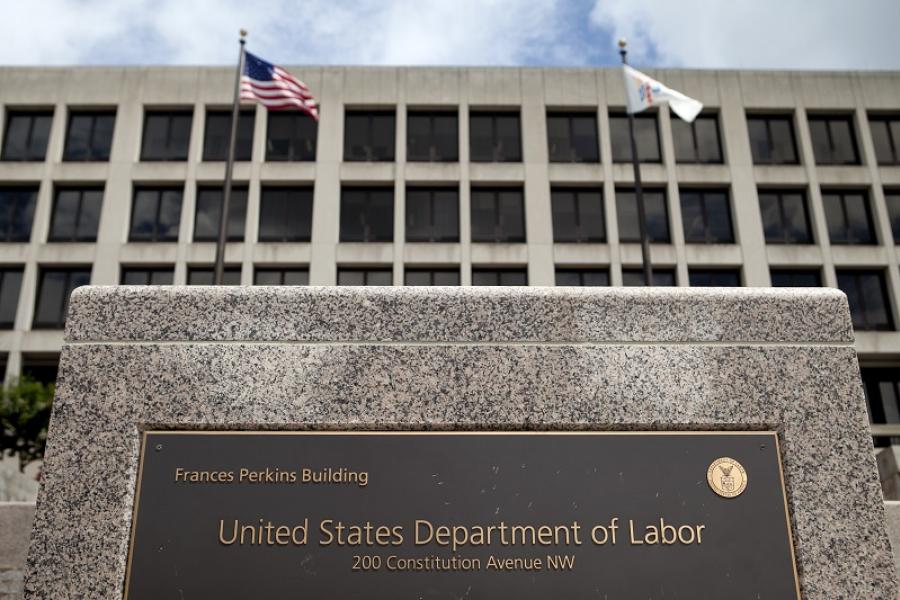Employers are familiar with many different agencies within the U.S. Department of Labor (DOL), such as the Occupational Safety and Health Administration, Wage and Hour Division, Employee Benefits Security Administration, and Office of Labor-Management Standards. This article provides a brief overview of the main players in an agency with which many are unfamiliar: the Office of Workers’ Compensation Programs (OWCP), and the department within OWCP that oversees USL&H-related cases, the Department of Longshore and Harbor Workers’ Compensation.
Office of Workers’ Compensation Programs (OWCP)
OWCP Director. The OWCP Director oversees all operations in the administration of four federal workers’ compensation programs providing benefits for work-related injuries:
- The Longshore and Harbor Workers’ Compensation Act (longshore or harbor workers or federal government contractors injured overseas while on the job)
- The Federal Employees' Compensation Act (federal employees who have been injured or become ill on the job)
- The Black Lung Benefits Act (coal miners diagnosed with pneumoconiosis)
- The Energy Employees Occupational Illness Compensation Program Act (nuclear weapons workers employed by the Department of Energy (DOE) or a DOE contractor)
Department of Longshore and Harbor Workers’ Compensation
- Director. The Longshore Director provides oversight to the administration of the Longshore and Harbor Workers’ Compensation Act (LHWCA, or Longshore Act) and its extensions: the Defense Base Act, Non-Appropriated Funding Instrumentalities Act, and Outer Continental Shelf Lands Act. The Director regulates the ability of insurance carriers to underwrite policies under the Longshore Act and its extensions, which ensures adequate workers’ compensation coverage for injured workers. The Director manages the branches of Financial Management, Insurance and Assessment and Policy, Regulations and Procedures, and Information Technology.
- Branch Chief of Financial Management, Insurance and Assessment (BFMI). This branch chief oversees and implements the program's operational policies, regulations, and procedures necessary for the authorization of insurance carriers and self-insurers under the Longshore Act and its extensions to provide workers' compensation liability protection for covered workers under administered legislation. The BFMI oversees: security deposits by self-insurers and carriers; the calculation, billing, and collection of the annual assessment for the Special Fund; the timely and accurate accomplishment of all fiscal functions for the DLHWC National Office; and handling related contacts with outside parties.
- Branch Chief of Operational Policy, Regulations and Procedures (BOPRP). The BOPRP initiates, revises, implements, and enforces operational policies, regulations and procedures for the administration of claims for benefits under the Longshore Act and its extensions. This branch chief also directs studies of the program's claims development, dispute resolution, adjudication, and payment data to evaluate district office (DO) operations and data accuracy. The BOPRP manages a staff of claims examiners and serves as the technical and legal resource for the program's district offices in the administration of claims under the Longshore Act and ensures consistency in DO operations. Finally, the BOPRP keeps abreast of changes in the case law impacting the administration of the LHWCA through a continual review of Administrative Law Judges, Benefits Review Board, and appellate court decisions.
- District Director (DD). District Directors plan, direct, coordinate, and oversee all activities and operations for the district office. They manage a staff of claims examiners and other administrative support personnel. All compensation orders from the Office of Administrative Law Judges are reviewed, filed and served by the DD. Additionally, the DD has authority to issue compensation orders on §908(i) settlements, §928 attorney fees, §7 medical treatment and agreed upon stipulations. The DD provides technical assistance to stakeholders regarding coverage questions and compliance with the Longshore Act and federal regulations. DDs often provide continuing legal education courses or individualized training to stakeholders. Some DDs will also mediate difficult cases for parties seeking to avoid litigation.
- Claims Examiner (CE). The claims examiner is the main point of contact for longshore program stakeholders. CEs provide technical assistance, review filings for timeliness and accuracy in compliance with the Longshore Act and federal regulations, arrange independent medical examinations, and make payment and benefit determinations on cases under §918(b). Additionally, CEs resolve disputes between adversarial parties by conducting informal conferences and providing written recommendations. CEs also review applications for §908(f) second injury fund relief, §908(i) settlements, and §928 attorney fees and provide actionable recommendations based on those reviews to the District Director.


